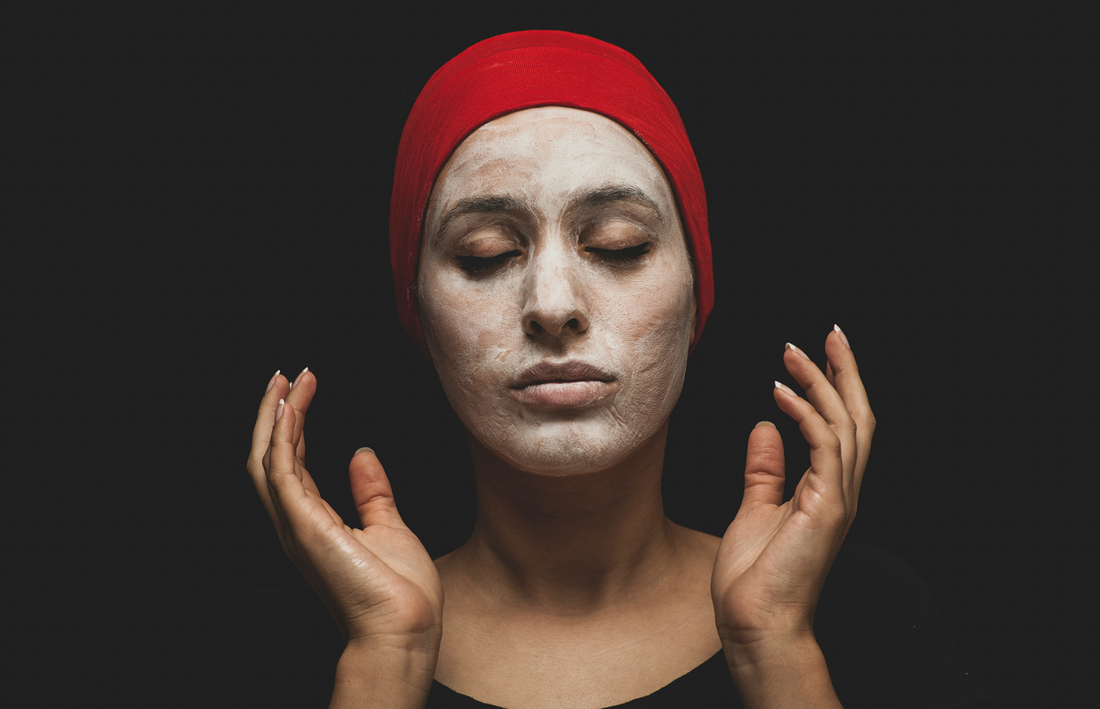The Impact of Stress on Sensitive Skin: Management Techniques
Stress is not just an emotional or psychological issue; it also has profound effects on our physical health, particularly on our skin. For individuals with sensitive skin, stress can exacerbate skin problems, leading to irritation, redness, and other discomforts. Understanding the connection between stress and sensitive skin is the first step towards managing its effects. This article delves into the impact of stress on sensitive skin and explores effective management techniques, including stress reduction techniques, mindfulness for skin care, and relaxation practices.
DERMED, the company behind this article, is a Japanese pharmaceutical company that develops beauty-related ingredients. In response to various beauty-related questions we have received, we are once again providing information to you.
Table of Contents
- Introduction
- Stress and Sensitive Skin
- Stress Reduction Techniques
- Mindfulness for Skin Care
- Relaxation Practices
- Conclusion
Stress and Sensitive Skin
Stress triggers a cascade of hormonal reactions in the body, leading to the production of cortisol, known as the stress hormone. Elevated cortisol levels can weaken the skin's barrier function, making sensitive skin more prone to issues such as dryness, acne, and eczema. Recognizing stress as a significant factor in skin health is crucial for individuals with sensitive skin.
Stress Reduction Techniques
Managing stress is essential for maintaining healthy skin. Techniques such as regular exercise, yoga, deep breathing exercises, and sufficient sleep can significantly reduce stress levels. Incorporating these practices into your daily routine can help minimize the adverse effects of stress on the skin.
Mindfulness for Skin Care
Mindfulness practices, such as meditation and mindful breathing, can be particularly beneficial for skin care. These practices promote relaxation and reduce stress, which in turn can improve skin health. Mindfulness helps in developing a deeper awareness of the body's needs, enabling better management of skin care routines and reducing the likelihood of stress-induced skin issues.
Relaxation Practices
Relaxation practices, including aromatherapy, warm baths, and massage, can also play a significant role in managing sensitive skin affected by stress. These practices not only help in reducing stress but also in soothing the skin directly, offering a dual approach to managing sensitive skin.
Conclusion
The impact of stress on sensitive skin is undeniable, making stress management a vital component of skin care. By adopting stress reduction techniques, practicing mindfulness, and incorporating relaxation practices into your routine, you can effectively manage sensitive skin and mitigate the effects of stress. Embrace these techniques to promote a healthier, more resilient complexion.

